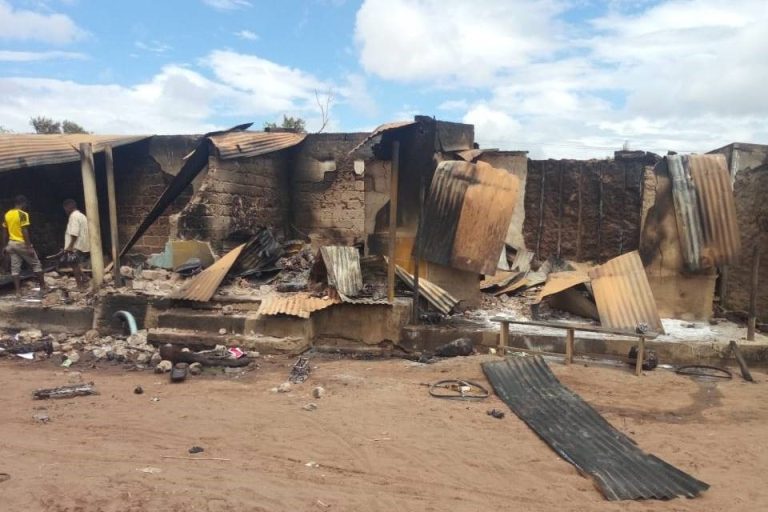MOZAMBIQUE: ISIS takes responsibility for deadly New Year attacks

ISLAMIST militant group ISIS (Daesh) has claimed responsibility for attacks on two Christian villages in northern Mozambique – which left two people dead and four injured.
ISIS Mozambique posted on social media images of houses that had been set on fire during the New Year’s Eve attack on Namade, Cabo Delgado.
Brother Boaventura, of the Fraternity of the Poor of Jesus, told Catholic charity Aid to the Church in Need (ACN):
“They attacked and burned houses, and there was a fight against locals who are armed.”
ISIS Mozambique presented the attacks as a clash between Christianity and Islam.
The militants said they had attacked the villages because they were Christian communities, adding that they had engaged with “Christian militias”.
They also said they had forced the militias to flee, and had captured and executed one of their commanders.
But Brother Boaventura disagreed with the jihadists’ interpretation of events.
He said: “Muidumbe and the surrounding area are heavily Christian, so we can suppose that most of the inhabitants were Christians, but you can’t say that Christian militias were involved.
“These are local forces composed of all sorts of people, they may be Catholic or not, Christian or not, or practising or not.”
Bishop António Juliasse of Pemba has stressed that endemic poverty and lack of education – rather than religion – have been key factors driving the insurgency, and that any long-term solution must address these issues.
Brother Boaventura added that the 31st December attacks led to a fresh wave of refugees from the north.
He said they were fleeing “under rainy weather, with difficult roads and access, in villages where life had almost returned to normal. This has brought fear back to the population.”
Cabo Delgado has suffered jihadist attacks since October 2017, when an area rich in natural resources was seized by extremists.
The Islamist militants formally allied themselves to ISIS (Daesh) in 2019.
The violence caused by the insurgents has led to 4,000 deaths and up one million IDPs, according to the UN High Commissioner for Refugees.
